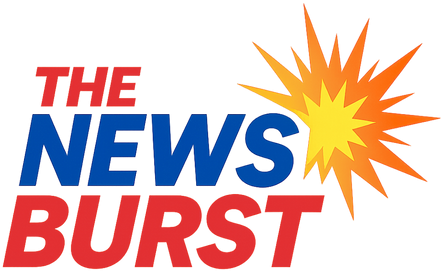The rise of alternative assessment methods for progress
In recent years, the traditional methods of assessing progress have come under scrutiny for their lack of accuracy and ability to truly measure a student’s growth. These traditional methods, such as standardized tests and letter grades, have been criticized for being too one-dimensional and not taking into account a student’s individual strengths and abilities. As a result, the education system has seen a rise in alternative assessment methods that aim to provide a more holistic approach to measuring progress. In this article, we will explore the emergence of these alternative assessment methods and their impact on the education system. 
The Limitations of Traditional Assessment
When we hear the word “assessment”, our minds often jump to standardized tests and letter grades. These methods have been the primary means of measuring a student’s progress for decades. While they do have their merits, they also have significant limitations. Standardized tests tend to focus on a narrow range of subjects and do not take into account a student’s individual strengths and learning styles. Letter grades, on the other hand, only provide a snapshot of a student’s performance at a single point in time and do not reflect their growth over an extended period.
This one-size-fits-all approach to assessment has been a cause of concern for educators and parents alike. It fails to consider the diverse backgrounds, learning styles, and abilities of students, resulting in a limited understanding of their progress. This begs the question – is there a more effective way to assess a student’s progress?
The Emergence of Alternative Assessment Methods
As educators began to recognize the limitations of traditional assessment methods, there has been a rise in alternative methods that aim to provide a more accurate and comprehensive view of a student’s progress. These methods focus on assessing skills and abilities that are not captured by standardized tests and letter grades alone.
Performance-based assessments, for example, provide students with the opportunity to demonstrate their knowledge and skills through real-world tasks. This can include projects, exhibitions, and presentations, among others. These assessments not only measure what a student knows but also how they apply their knowledge in real-life situations.
Another alternative assessment gaining popularity is the use of portfolios. These are collections of a student’s work over a period of time, showcasing their growth and progress. Portfolios allow for a more comprehensive understanding of a student’s abilities and provide them with the opportunity to reflect on their learning journey.
The Impact on the Education System
The rise of alternative assessment methods has had a significant impact on the education system. It has sparked a shift in the way educators think about assessment and has led to a more student-centered approach. By focusing on a student’s individual growth and progress, these methods promote a more inclusive and equitable education system.
Furthermore, alternative assessment methods have been shown to improve student motivation and engagement. By providing students with a more comprehensive understanding of their progress, they feel more empowered and motivated to continue their learning journey. This, in turn, leads to better academic outcomes and a more positive learning experience.
Conclusion
The traditional methods of assessing progress have long been the only means of measuring a student’s growth. However, with the emergence of alternative assessment methods, the education system is beginning to shift towards a more inclusive and holistic approach. These methods aim to provide a more accurate and comprehensive view of a student’s progress, leading to improved motivation, engagement, and academic outcomes. As we continue to see the rise of these alternative methods, it is crucial to embrace them and recognize their potential for transforming the education system for the better.










